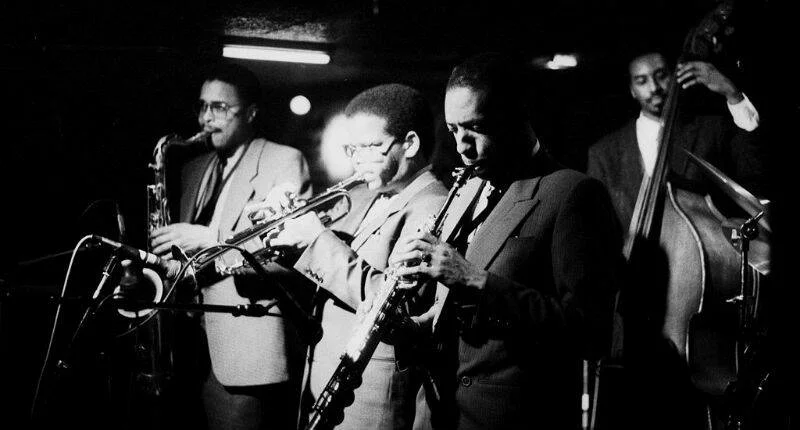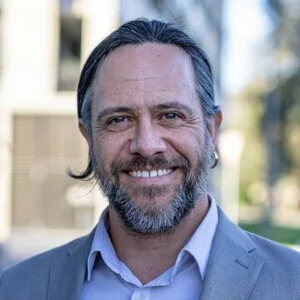Last week I began to reflect on “practical achievement” through the lens of music, since much of my thinking about it derives from my experience as a musician. The journey of the developing musician offers plenty of insights into how to accomplish things over the long-term.
Here is another set of reflections:
Focus on the work, not what people think
Many musicians struggle with what others think of their playing—especially other musicians. Since performances can go up and down, and a musician’s confidence is battered through ruthless self-criticism (see Part 1), there is often a perceived need for affirmation from others, especially from those who know what they’re talking about (doting mothers don’t count).
But worrying about what others think is a crippling impediment to good performance. When a musician is trying to make a good impression, it is much more difficult to perform well (ironically). The secret to making good music is not to sound impressive. The secret to making good music is . . . to make good music. That is, music is about music . . . it’s not about impressing people. It’s not about “winning” or “outperforming.” Is the musician making musical choices? Does it sound good? Is it tasteful, meaningful, moving? These things matter much more than all the “impressing people” stuff.
I have always found that when I have shut out of my mind the opinions of others and focused on the music itself I perform much better. The music remains the main thing. And the main thing is to keep the main thing the main thing.
When we are trying to achieve something, we will do much better by focusing on the thing itself, rather than what other people think about our performance. The irony, of course, is that in so doing people are more likely to be impressed. But who cares about that, right?
Keep in mind what you’re doing it for
Related to the first point, it’s important to remember what you’re in it for. This is a bigger point than focusing on the music to play music well. It is about your overall purpose.
It is all too easy for musicians to forget why they are playing music. I experienced this at music school. I first got into music because I loved music. There was no ego in it, no need to be “great” and none of the trappings that would come later. But at music school there was assessment. There were peers to measure against. There were accolades to be had, or not had. There was preparation for an impending career that depended on standing out from others.
As the professionalism of music took over, I constantly forgot why I was in it in the first place. At first, I was in it because I loved music and loved to play music. Now it had become a job. It had become competitive. It had become a way to define myself. And as music became those things, the original joy of music got sucked out of it. I think a lot of professional musicians struggle with exactly these issues.
Once I “quit” music (or the music career, at least), I rediscovered the joy of music. And this taught me something very important about achievement: attaining goals, or improvement, should never become the ultimate purpose. Your purpose has to be bigger than that. The purpose of being a musician should be to play great music. Improvement should serve that goal, not displace it.
This point seems applicable to ministry. Someone will go into ministry because they love to serve the Lord, they love to share Jesus with others, and they love to expound the Scriptures. But pretty soon it can become: “How good was that sermon?” “Am I as gifted as that guy?” or “Why don’t I have a megachurch too?”
While it is good to want to improve your preaching skills—or develop your gifts or to grow your church—these things should never become the ultimate purpose. If they do, you will lose sight of why you got into it in the first place. Such distortion happens way too much in vocational ministry. We must remember what we are in it for. We must keep the main thing the main thing.





Comments
Be the first one to make a comment!